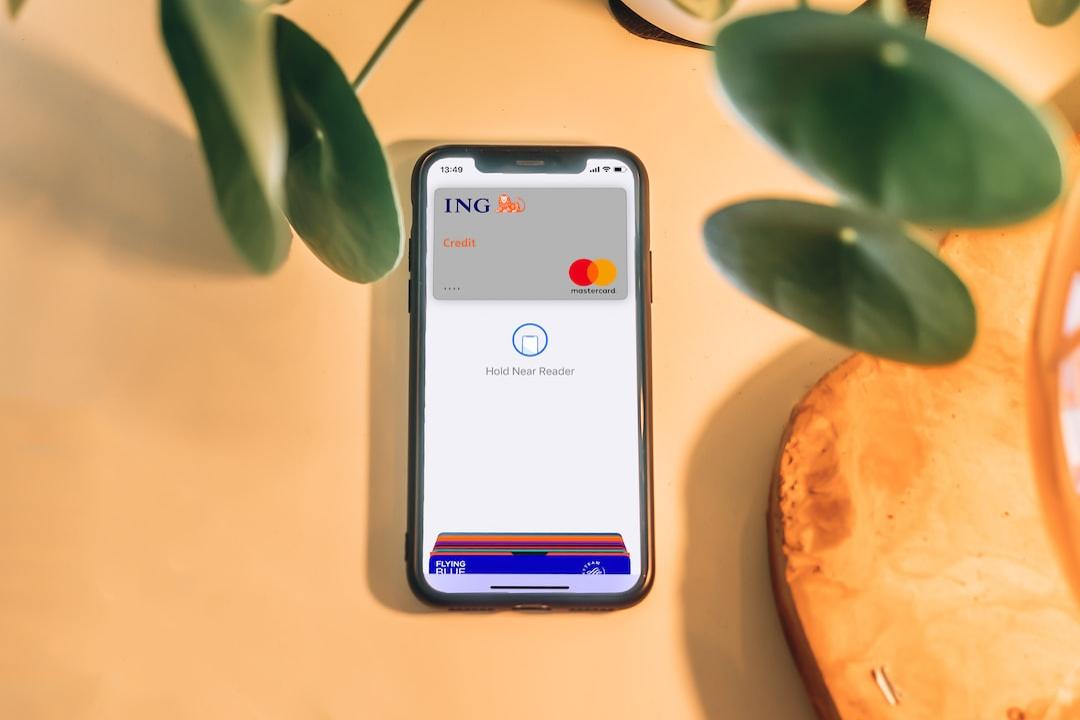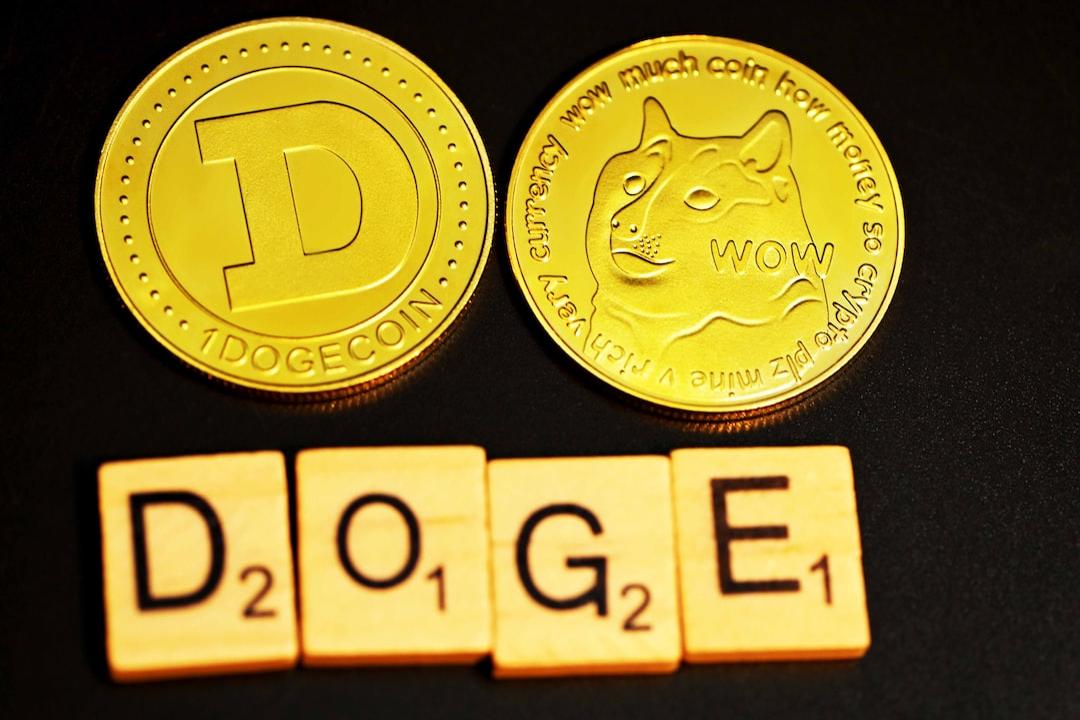Virtual Smartphone App Aphone Unleashes the Potential of Old Devices in Emerging Markets

Jimmy Aki
Updated on:
March 8, 2024 16:39 EST
|
1 min read

Source: Shutterstock
In a groundbreaking move that could revolutionize the blockchain industry, a cutting-edge virtual smartphone application called the Aphone app has made its debut on Solana.
Aphone’s innovative service was launched on March 7th, bringing the power of Web3 applications and other resource-intensive software to users with older or less powerful devices.
How the Aphone App Overcomes Hardware Limitations
Unlike traditional smartphone apps, the Aphone app, available at an annual fee of $20, utilizes a decentralized cloud-computing infrastructure known as Aethir. By offloading the processing load to the cloud, the Aphone app enables outdated devices to handle demanding applications and games.
This cloud-based approach also ensures that the Aphone platform is compatible with various web browsers and a wide range of Android and Apple devices.
The development team behind Aphone has specifically targeted users in emerging economies, where affordable older smartphones are prevalent, and access to fast mobile internet is rapidly expanding.
Jennifer Booze, the lead for Aphone’s ecosystem growth and development, believes that the virtual smartphone is an ideal tool for introducing Web3 concepts and applications to the masses.
Thanks to the Solana blockchain, the Aphone app delivers lightning-fast transactions, minimal fees, and robust security. According to Booze, the Aphone interface functions as a powerful operating system that harnesses Solana’s capabilities, enabling actions such as NFT management and decentralized application (dApp) usage.
PHONE Token and Incentivized Engagement
The Aphone ecosystem incorporates a native token called PHONE, which serves as the foundation for governance processes and offers rewards to enhance user engagement and participation within the platform.
Additionally, Aphone is integrated with decentralized physical infrastructure networks (DePINs) like Helium, which operates on Solana. Users can tap into these networks, potentially earning rewards for improving network coverage or validating transactions.
Follow Us on Google News

